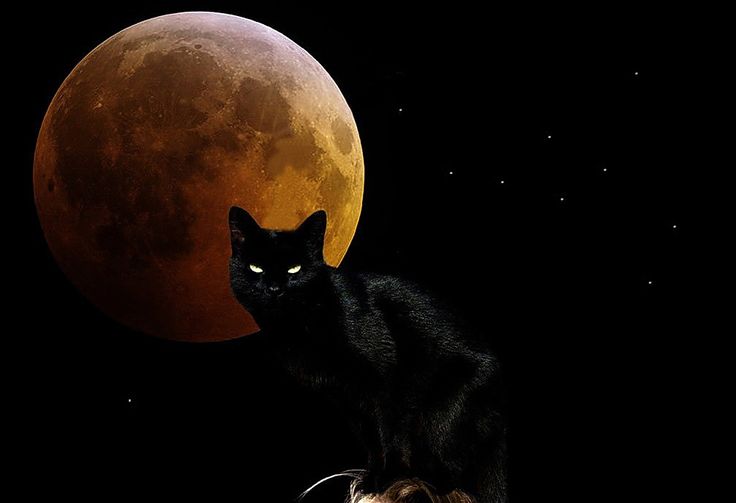Cat full moon
Everything You Should Know About Pet Behavior During a Full Moon
Is Your Dog or Cat Exhibiting Strange Behavior? It Could Be the Moon.
It's not uncommon for humans to act strangely during full moons. Just visit any hospital emergency room or jailhouse to see for yourself. But did you know that pets also can be affected by the full moon? According to one study, animal hospitals see increases in visits (23% in cats, 28% in dogs) over the course of the three nights of full moons.
If you believe your pet's behavior changes during the full moon and you want to know why, here is everything you need to know about pet behavior and how the cycles of the moon can affect it.
The Moon and Its Effect on the Earth
The moon affects the Earth every day because there is a very strong magnetic pull between the Earth, the moon, and the Sun. This force affects the planet's large bodies of water, causing the direction of ocean currents and its resulting tides. When the moon is in its full stage, the tides are at their highest.
Does the Moon Really Affect Pet Behavior?
Many pet owners will tell you that the full moon affects their pets' behavior. Dogs, like their wolf ancestors, are known to howl at the moon when it's full. Cats, on the other hand, tend to hide. Birds become agitated and sometimes even disoriented. As a result, veterinary offices and pet hospitals can become congested with visits.
However, none of these behaviors has ever been proven scientifically to be directly caused by the cycles of the moon.
Possible Causes of Increased Pet Injuries During the Full Moon
Although science hasn't officially confirmed or debunked the full moon's effect on pet behavior, there are some theories as to why pet injuries might increase during this phase of the moon.
The most-common theory is that pet owners spend more time outside with their pets during these times when the moon's light is at its peak. However, despite the moon's light, it is still nighttime, and this alone will increase your pet's risk of injury if you choose to spend more time with her outside at night.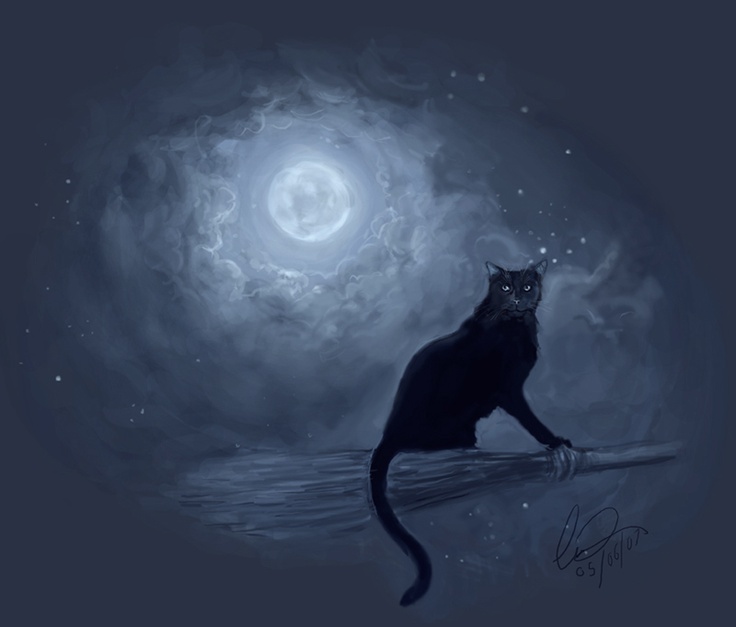
If your pet's behavior does change with the full moon, there really isn't much need for concern. If signs are severe, your veterinarian can prescribe anti-anxiety medication. You should always take extra care whenever you spend time with your pets outside in the evening hours.
You should outfit your dog with a reflective collar or a collar flasher to help make it easier for drivers to see him. You always should have the phone number and address of the nearest pet hospital handy in the event an accident does occur.
About the Author
Dr. Evan Ware is a veterinary practitioner in Phoenix, Arizona. He received both his undergraduate degree in microbiology and his Doctorate of Veterinary Medicine from The Ohio State University.
Dr. Ware is currently the Medical Director of University Animal Hospital (VCA) and is also the owner of two other hospitals, including Laveen Veterinary Center and Phoenix Veterinary Center. His areas of expertise include orthopedic medicine and surgery, veterinary oncology and chemotherapy, and general and advanced soft-tissue surgery.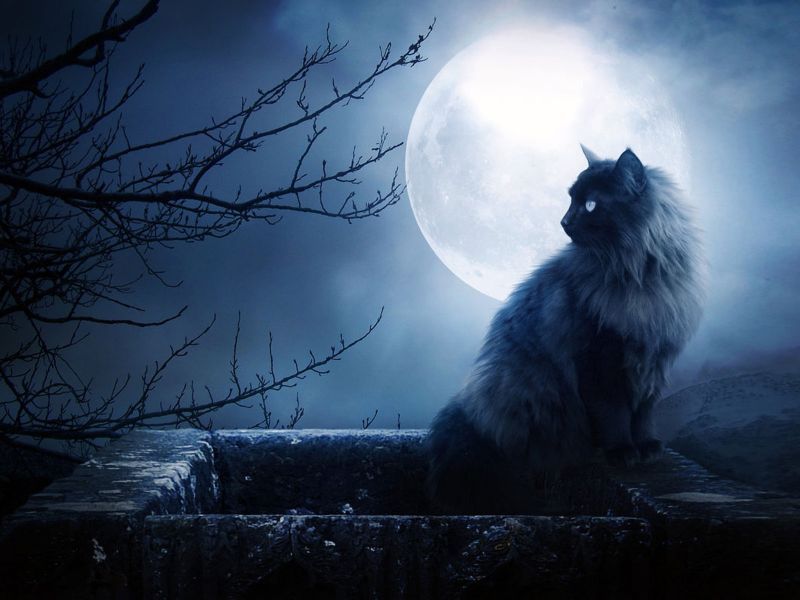
Do Full Moons Affect Cats? – Express Vet
Medically Reviewed by Taylor Froiland, PharmD, RPh
Written by Adam McCown, PharmD
It’s an age old question, and considered by many to be one of the oldest old wives’ tales: does the full moon change people’s and animal’s behavior? Well, human and veterinarian medical professionals, especially those who work in emergency rooms, may tell you that, for whatever reason, they see some weird things and some odd behavior whenever the full moon comes around. Many pet and human medical personnel will say that they dread working nights with full moons.
But the question is, is there actually any truth to these claims when it comes to cats? What types of behaviors, if any, are common for our feline friends to experience during the short period of the full moon each month? Let’s look at the facts.
Cats and the MoonThere are near endless anecdotal stories and accounts by owners of their cats acting strangely during the full moon. And there have been several studies that may back this up. The University of Colorado, College of Veterinary Medicine conducted research and concluded that cats were 30% more likely to become injured near or during the full moon. Another, unsubstantiated study claimed that there is a 23% increase in cat visits to veterinary clinics during the full moon.
And there have been several studies that may back this up. The University of Colorado, College of Veterinary Medicine conducted research and concluded that cats were 30% more likely to become injured near or during the full moon. Another, unsubstantiated study claimed that there is a 23% increase in cat visits to veterinary clinics during the full moon.
Other than visiting pet emergency and medical centers more often, owners often report specific actions or behaviors for their cats during the full moon. These typically include hiding, often in very unusual or abnormal spots for them where they don’t normally hide. Another reported behavior is cats being very clingy and attached to their owners, even when they are usually aloof or not very cuddly or loving very often.
Additionally, owner’s have reported that, during the full moon, their cats do or experience the following:
- Higher levels of restlessness
- Greater playfulness
- Are more mischievous
- Enjoy the company of other cats more than normal
- Meow more and are generally louder
However, none of these behaviors have been scientifically proven to be directly or indirectly connected to the moon cycles.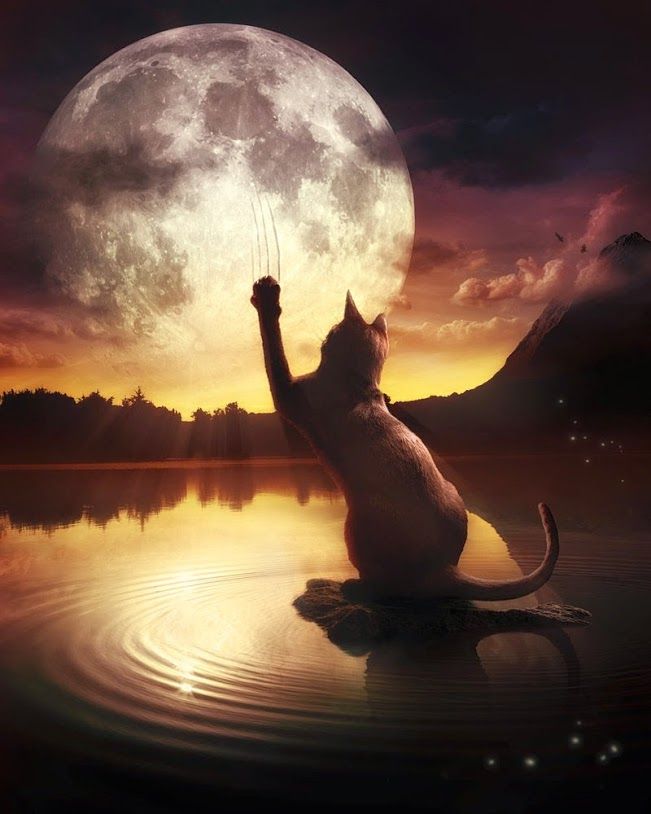
Although science and pet medical professionals have not fully proved or debunked most of the claims about cats and the moon, there are some possible reasons why the moon may cause abnormal behavior. One of the most common theories about pets and the moon is that owners spend more time outside with their animals when the moon’s light is at its peak. This is because there is more light outside so it is easier to be out there with them.
The theory is that, although there is more light, there is still not that much light, so the risk of injury for your pet goes up because they can’t see as well. This may explain the phenomenon of increased pet emergency room visits during the full moon.
Another theory for moon related odd cat or pet behavior is a disruption of their circadian rhythm. The circadian rhythm is something that all pets and humans share and refers to the physical, mental, and behavioral fluctuations and variations that occur over the course of a 24 hour cycle.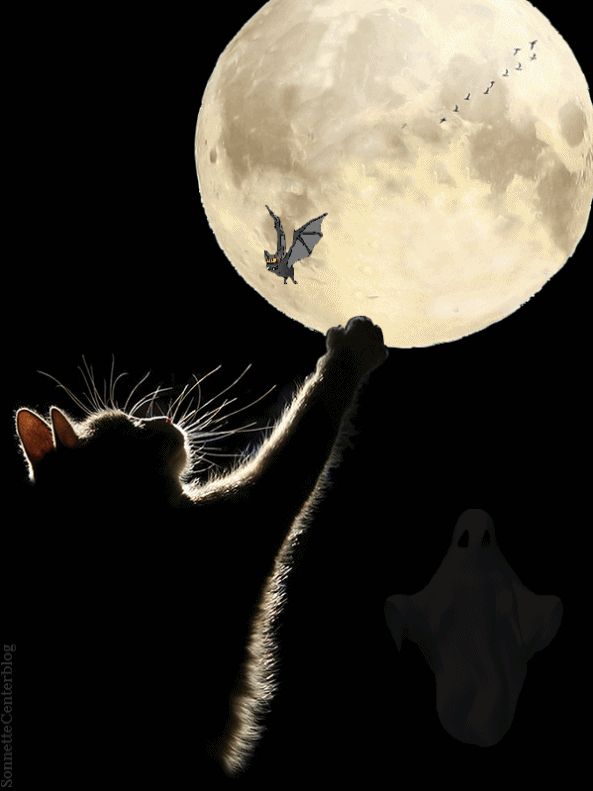 Animals, plants, and most living things display circadian rhythm in some form, which includes changes in heart rate, sleeping patterns, hormones, body temperature, and blood pressure. With the moon affecting many factors on earth like gravity and greater night time light, some pet medical professionals believe that this then has an effect on the behavior of cats.
Animals, plants, and most living things display circadian rhythm in some form, which includes changes in heart rate, sleeping patterns, hormones, body temperature, and blood pressure. With the moon affecting many factors on earth like gravity and greater night time light, some pet medical professionals believe that this then has an effect on the behavior of cats.
With all the stories and tales of “lunar madness” (the word lunacy actually stems from the word “lunar”) in cats, other animals, and humans, is there cause to be worried or alarmed? Probably not. As we said, most of the claims about cats and the moon have not been scientifically verified. Furthermore, there’s no guarantee that your specific cat will experience any problems or exhibit any strange behavior.
If your cat does act oddly during the full moon then just be aware of their behavior, indulge their playfulness, or comfort their anxiety as best as you can. If they experience intense anxiety or fear, then it might be a good idea to talk to your vet who may prescribe your cat anti-anxiety medication.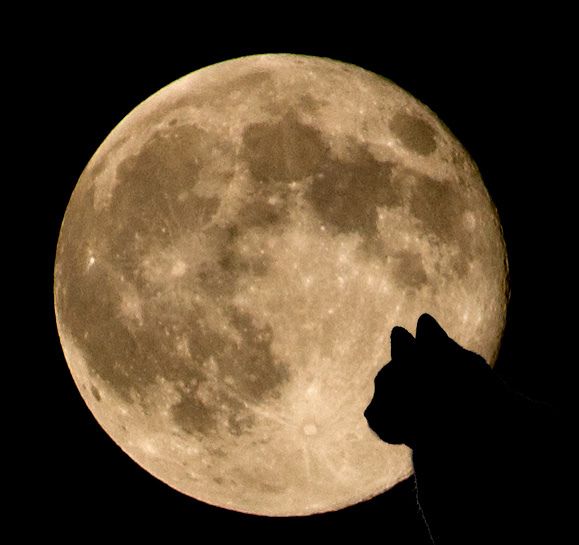
If a vet does prescribe your cat or other animal any drug or medication, remember that you find it quickly and easily online at Express Vet Pharmacy.
Medical myths. Can a full moon drive you crazy?
- Claudia Hammond
- BBC Future
Sign up for our 'Context' newsletter to help you understand what's going on.
Image copyright Thinkstock
Many people believe that the moon can influence human behavior - hence the word "lunatic". Correspondent BBC Future found out if this ancient belief has a scientific basis.
On the full moon, werewolves and vampires are known to go hunting. The belief that ordinary people, under the influence of the Moon, can also slightly lose contact with reality, arose many millennia ago and spread widely.
(Similar articles from the "Journal" section)
If you ask the police or ambulance workers, some of them will surely say that there are more accidents, attacks and insanity on the full moon.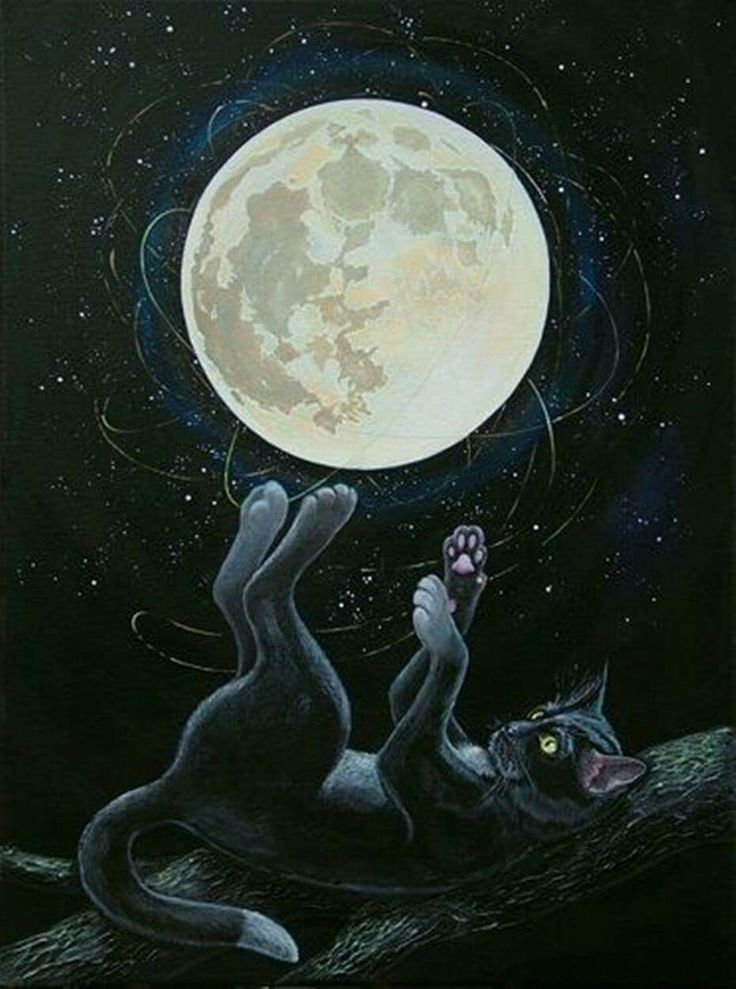 In 2007, the police in the English resort town of Brighton even recruited additional officers during full moons.
In 2007, the police in the English resort town of Brighton even recruited additional officers during full moons.
The ability of the Moon to influence human behavior is undoubtedly a popular topic. It formed the basis not only of myths and fairy tales, but also of hundreds of scientific studies. Last summer, during the experiment, subjects who slept in the laboratory rated the quality of their sleep 15% lower if that night fell on a full moon - even though they did not see either the moon itself or additional light from it. In addition, it took them an average of five minutes longer to fall asleep.
This study attracted a lot of press attention, but only 33 people took part in it, and even the authors themselves were in no hurry to draw far-reaching conclusions from its results.
A meta-analysis that considers the results of multiple experiments can provide a more reliable statistical basis. In 1985, American psychologists James Rotton and Ivan Kelly used this approach.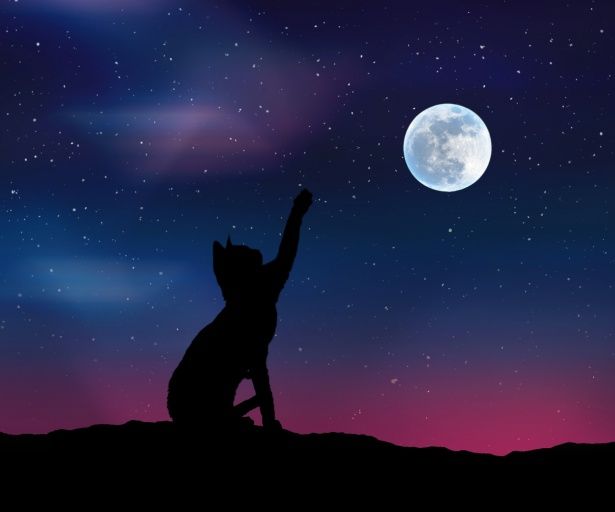 They analyzed data from 37 studies of the influence of the lunar cycle on humans and concluded that the moon has nothing to do with the number of mental exacerbations, murders, suicides, road accidents and crimes.
They analyzed data from 37 studies of the influence of the lunar cycle on humans and concluded that the moon has nothing to do with the number of mental exacerbations, murders, suicides, road accidents and crimes.
Skip the Podcast and continue reading.
Podcast
What was that?
We quickly, simply and clearly explain what happened, why it's important and what's next.
episodes
The End of the Story Podcast
While examining anecdotal evidence claiming such a connection, they noticed that there could be other explanations for this relationship - for example, the full moon fell on holidays or weekends, when the criminal situation in general becomes more complicated. Research linking the full moon to unrest has been countered by an equal number of studies that have noted a drop in crime during the full moon. Rotton and Kelly came to the conclusion that the collected statistical data did not allow us to confidently predict the behavior of people. When they included the phase of the moon in their calculations, the accuracy of their predictions improved by only 1%.
Rotton and Kelly came to the conclusion that the collected statistical data did not allow us to confidently predict the behavior of people. When they included the phase of the moon in their calculations, the accuracy of their predictions improved by only 1%.
Since then, other studies have also been conducted with mixed results. In 1992, an analysis of 20 works on the influence of the phase of the moon on the number of suicide attempts did not find any proven relationship between these phenomena. Again, those scientists who saw such a connection did not take into account other factors: for example, certain days of the week.
Image copyright Thinkstock
Image captionEveryone knows that the full moon is the time for werewolves. But what about the impact on ordinary people?
Perhaps one of the reasons for the popularity of the theory of the influence of the moon on humans is the way scientific journals work. They are more likely to publish studies where the authors claim a positive result than those where no relationship between factors can be found.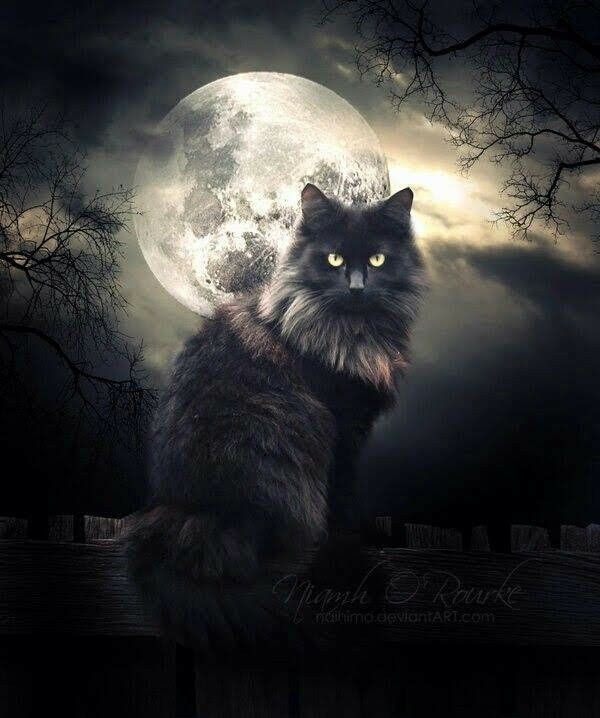 So no one knows how many works debunking the popular myth of the full moon are gathering dust in the editorial archives.
So no one knows how many works debunking the popular myth of the full moon are gathering dust in the editorial archives.
Another question: how exactly can the Moon influence behavior? One theory says that the Earth's satellite attracts fluids in the human body in the same way as water during ocean tides. But the Moon is much smaller than the Earth, and its attraction is much weaker. In addition, the strength of the lunar gravity does not depend on the phase. There is also an assumption that moonlight can affect a person. But its intensity during the full moon is four times less than that of a candle.
What about the biting animals, ask the proponents of the lunar theory? Doctors at the Bradford Royal Hospital in the north of England studied two years of medical data and found that twice as many patients were admitted to the hospital with dog, cat, rat and horse bites on full moons than on new moons. But with what it was connected, it was not possible to establish.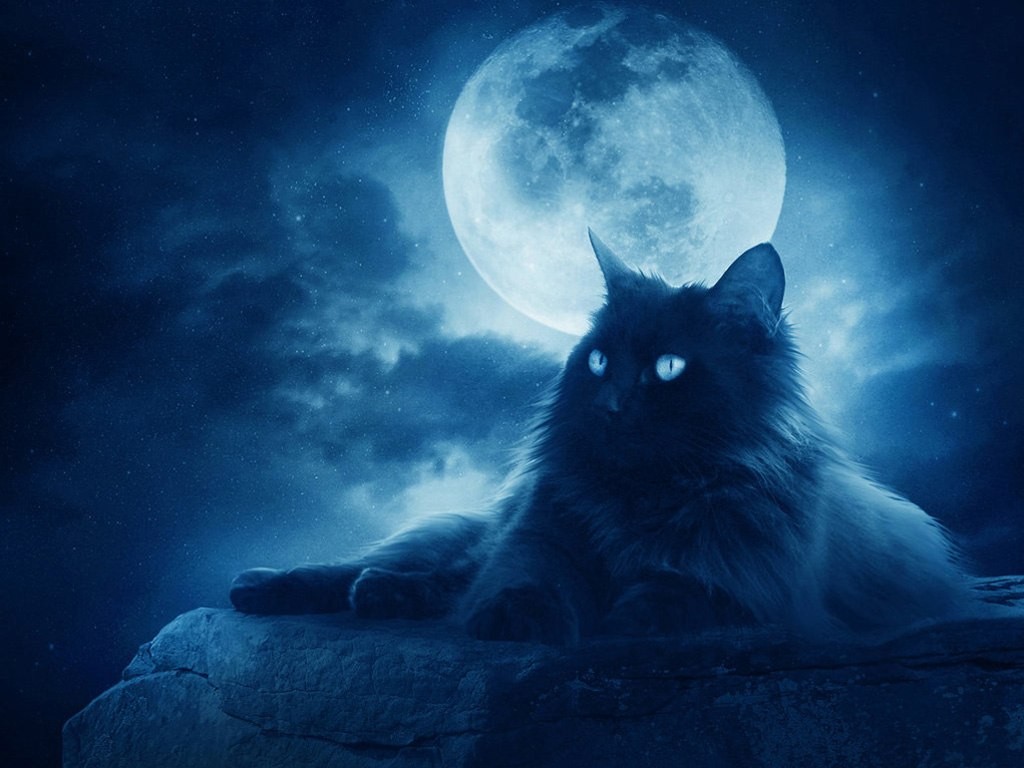 It was not even clear if all these bites happened in the dark.
It was not even clear if all these bites happened in the dark.
Experts have suggested that the full moon may not directly affect animals, but the parasites that live on their skin. However, another study was published in the same issue of the scientific journal - scientists analyzed the annual statistics on dog bites in Australia and found that if you take into account the days of the week, then the full moon ceases to be a statistical factor.
So, there is very little convincing scientific evidence of the influence of the Moon on behavior. So why are so many people convinced that this connection exists? Perhaps the point is the so-called confirmation bias - a person tends to notice and remember information that corresponds to his beliefs. A police officer or an emergency doctor notices the full moon - and links it to the fact that the night has turned out to be tense. If a thin sickle hung in the sky, it is unlikely that the servant of the law would notice it or draw any conclusion.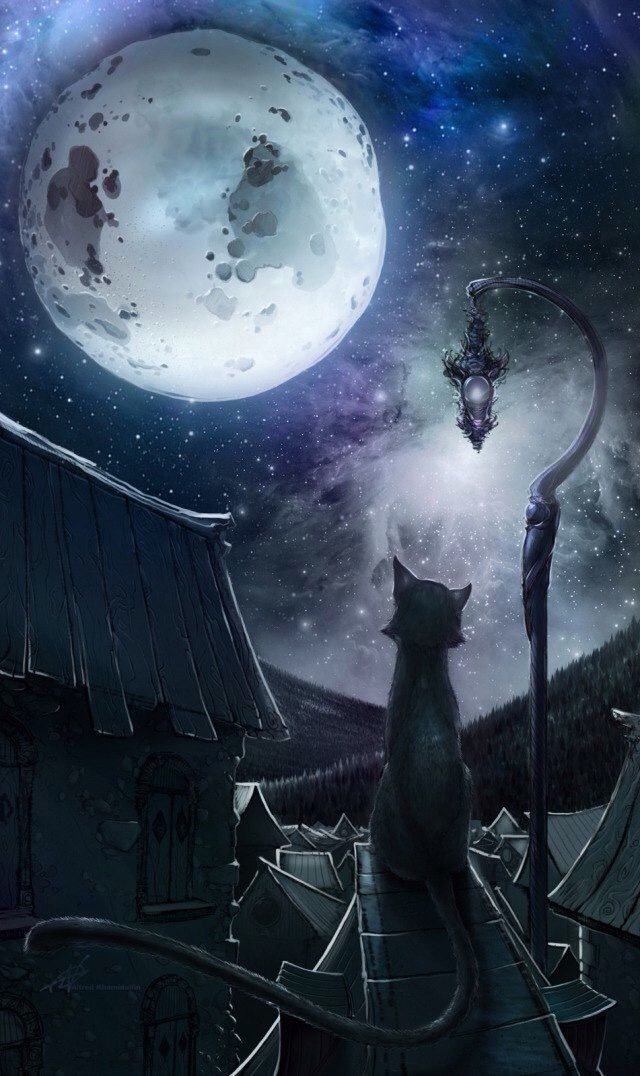
How could this myth even come about? There is an interesting theory: as long as mankind invented street lighting, homeless people prone to mental disorders could be prevented from sleeping by the bright light of the full moon, which in turn could provoke exacerbations.
There is also an opinion that the full moon affects only some people, and therefore studies of a general nature allegedly cannot give correct results. Supporters of this point of view argue that it is necessary to purposefully study only those individuals who believe that they are influenced by the Moon.
Perhaps this approach will sooner or later reveal that the full moon really awakens the beast in some people. But for now, it can be argued that this only happens in novels and horror films.
Legal information. This article is for general information only and should not be taken as a substitute for the advice of a physician or other healthcare professional.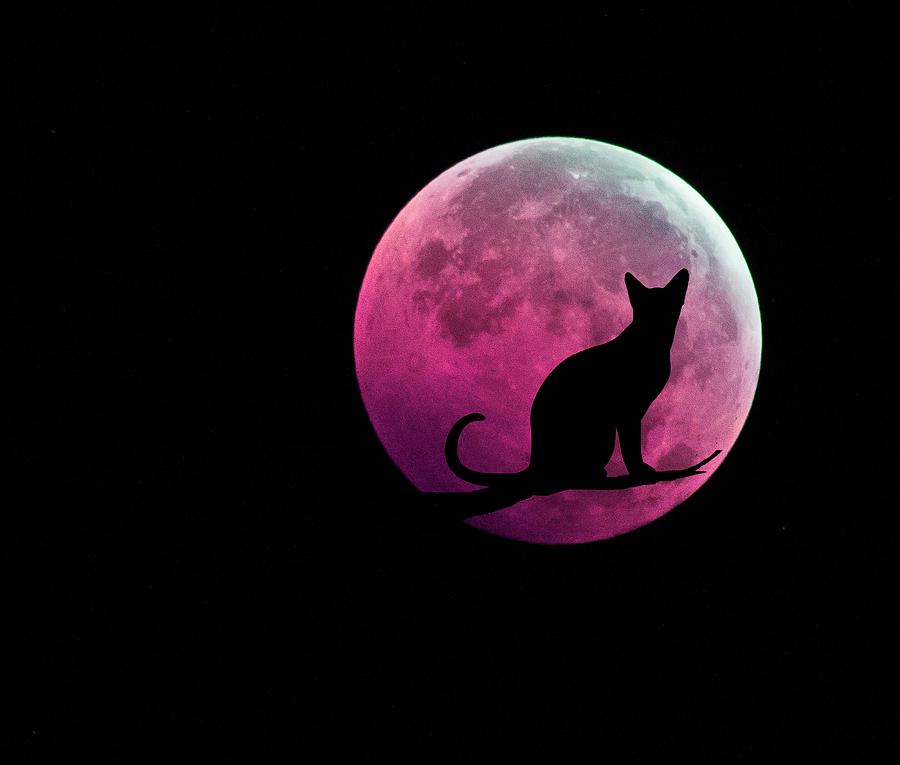 The BBC is not responsible for any diagnosis made by a reader based on material on the site. The BBC is not responsible for the content of other sites linked to this page and does not endorse commercial products or services listed on those sites. If you are concerned about your health, see your doctor.
The BBC is not responsible for any diagnosis made by a reader based on material on the site. The BBC is not responsible for the content of other sites linked to this page and does not endorse commercial products or services listed on those sites. If you are concerned about your health, see your doctor.
Read the original of this article in English is available on the website BBC Future .
The psychic revealed the thoughts of the pets to the mistress, and it turned out that the furries know everything
The British Julia Benim has two dogs and a cat, and she always wanted to know what the furries think about. Once she turned to psychic Beth Lee-Crowther, who promised to cope with this task, just by looking at the photos of pets. The results were more than unexpected, writes Mirror.
Holly the cat
Holly the cat, 18 years old. Photo © Julia Banim
Holly recently had a urinary tract infection. Beth didn't know it, but she sensed some kind of blood loss.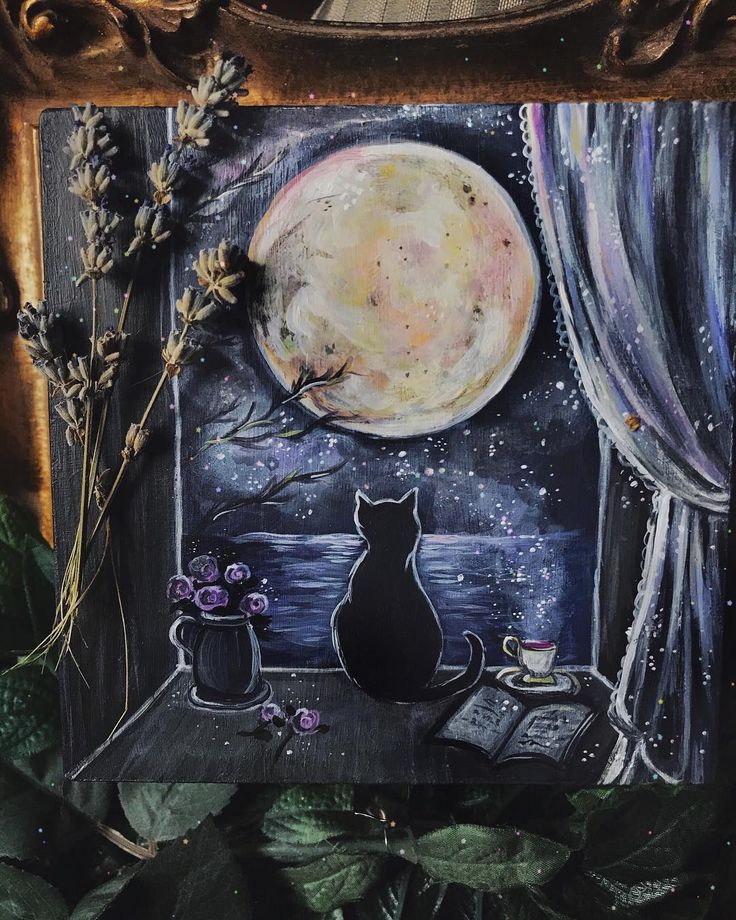 And the psychic also said that the cat has problems with the thyroid gland. As for the character of Holly, Beth correctly noticed her playfulness: the tailed one does not seem to notice her age.
And the psychic also said that the cat has problems with the thyroid gland. As for the character of Holly, Beth correctly noticed her playfulness: the tailed one does not seem to notice her age.
According to the specialist, the cat positively assesses the romantic relationship of the owner. She notes Julia's thoughtfulness, as well as the devotion and sincerity of her partner, who will "never let you down." According to Holly, they have developed a fairly strong couple.
Peggy the dog
Peggy the dog, 3 years old. Photo © Julia Banim
Julia put Peggy's character into pieces.
She is a bit clumsy, but always cheerful and full of energy. Knows that people think she's funny, and she likes it
Beth Lee-Crowther
psychic
Peggy doesn't seem to mind giving some legal advice. For example, a dog believes that the family of its owner should be careful when dealing with lawyers and carefully check all documents before signing.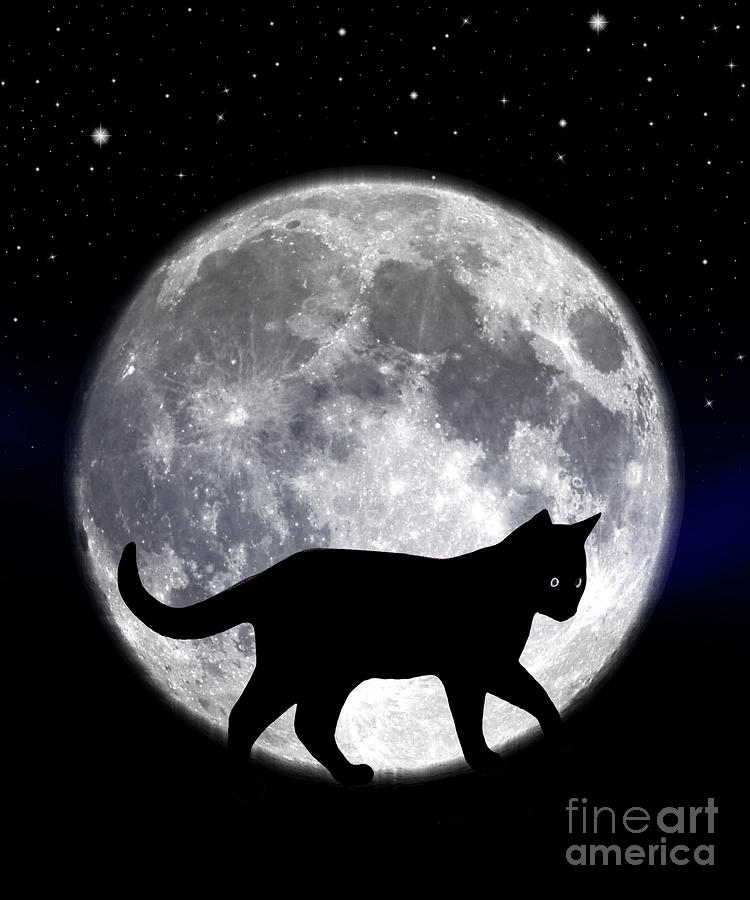 Beth also mentioned that Julie or one of her relatives might have blood sugar problems and suggested getting tested for diabetes.
Beth also mentioned that Julie or one of her relatives might have blood sugar problems and suggested getting tested for diabetes.
Pip the dog
Pip, 10 years old. Photo © Julia Banim
Pip is a cute dog who loves to be alone, Beth said. And he believes that the next trip of the hostess will be especially significant for her, so Julia should not miss the chance. Like Peggy, Pip would like to give some practical advice about the car. Recently, the car broke down, but, according to the dog, this is not something to worry about.
Beth rightly noticed that Pip suffers from joint pain and advised him to buy a memory mat for him. And it also turned out that the pet is aware of the imminent addition to the family of Julia's relatives. By "scanning" a photo of the dog, Beth also learned about Julie's forgotten passion for drawing and advised her to return to this hobby, such as drawing Holly, Peggy and Pip.
You can write fantastic stories because you have a very vivid imagination.